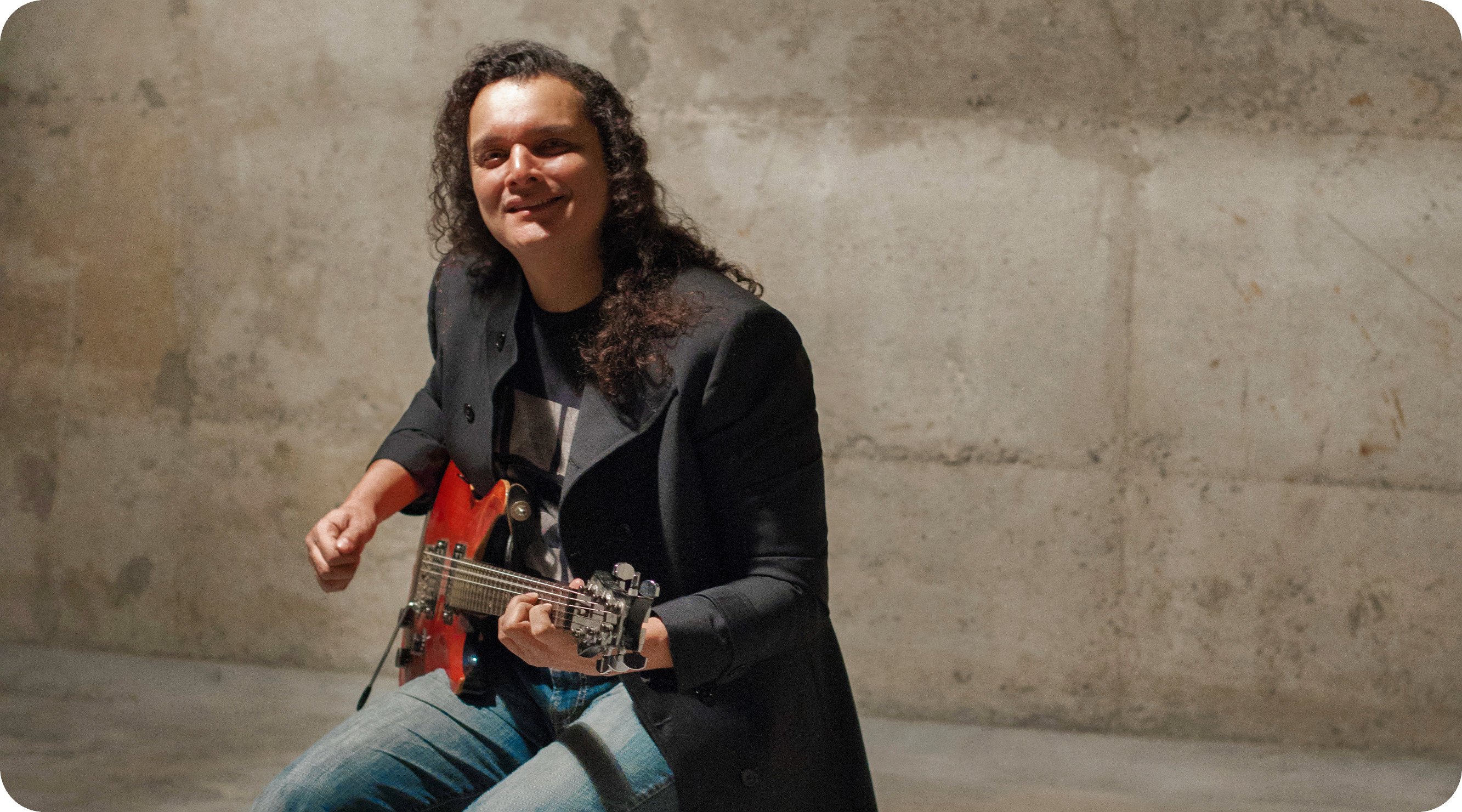
Turning Tables: Mekaal’s ‘Rivayat’ series is a remarkable service to tradition and quality music
As opposed to the rehashed hybrids available, ghazals and qawwalis being performed for the series are riveting
KARACHI:
Mekaal Hassan’s latest is a unique musical series presenting a range of traditional talent from various corners of Pakistan. But it is also in essence an effort to preserve the old order and revive tradition. While there is no hard and fast rule to revive or renew, Mekaal’s is a legacy decked with blends that don’t mock the sanctity of liturgical and learned music that has been passed down from generations. In his puritanical approach, you see eastern classical, jazz and hard rock, all coming together in one place.
From redefining South Asian music with albums like Sampooran and Saptak to introducing newer blends with Andholan, Mekaal has allowed young minds to soak in the kafis, qawwalis and thumris with his Mekaal Hassan Band. Now, he is doing it again with a series titled Rivayat.
Keeping the ‘rivayat’ going
The artist, who has a knack for discovering new talent and collaborating with generational performers, rose from the ashes after his Digital Fidelity Studio burnt to the ground to host mehfils that have been recorded in a single take in his flagship studio. Presenting completely new faces and zero gimmicks, the venture, unlike most branded outings, is made with love and it shows.
On the face of it, preserving and renewing regional music in its traditional form seems easy. Especially with the recording spaces and performing studios at our disposal. But commercial interests have often exploited the need to preserve, which is why it is refreshing to sit down and really listen to Mekaal’s new-found whizzes. While growing connectivity may have detached us from our musical past, Mekaal has used the technology at his disposal to put up a show that brands did not come on board with, possibly because it hosts a swarm of unknown performers that may deserve recognition but don’t guarantee viewership.
These artists, albeit, are making Mekaal’s Rivayat series their own. As opposed to the rehashed hybrids available on various streaming platforms, ghazals and qawwalis being performed for the series are riveting.
From ‘Chamba’ to ‘Ghunghat’ – a win, win
From the songs that have been posted so far, Mekaal Hassan Band elements are a rare find, so to speak. But there is ample nostalgia and opulent poetry, distinguishing voices and steady hands.
Something as simple as the traditional Himachali folk song, Chamba Kitni Dur, performed by the Manwa Sisters is trailblazing. With delicate tablas and subtle dholaks, a flute and cajon paired with the bass and acoustic guitar – a recurring theme for the whole series – the song offers quality and texture. There is so much variation yet, everything falls into place. The Manwa Sisters, especially, sing in perfect harmony, keeping the knots of the song intact and all eyes on them.
There is also an iteration of the renowned Bulleh Shah kafi, Ranjha Ranjha Kardi. Led by Shujat Ali Khan with guest artists Anton Davidyants and Gwen Lafitte on bass and guitars respectively, the live performance is moving and composed. It offers a distinctive sound that many Ranjha renditions prior to it struggled to bear. Shujat has an impressive throw and his voice stays with you long after the song has ended.
Everyone’s favourite qawwali, Tobah, is also on the list. Composed and performed by Shahzad Ali Khan, this one is aggressive with heavy instrumentation – as it should be. It sees Shez Raja on the bass and Gwen on guitars. Getting straight to point, it lets every emotion loose, transitioning to a point of breaking. Its quick pace is a deviation from regular qawwalis. But it is perfect for the modern listeners, who have little time and even less patience.
There is a rendition of Bulleh Shah’s Ghunghat Olay, too, which Mekaal has previously performed with Javed Bashir and Sharmistha Chatterjee. While that version is beyond compare, the Rivayat offering is quite pleasant as well. Not as hardcore, though, it evokes a sense of sadness and despair. Performed by Fiza and Hasnain Haider featuring Shez and Gwen, its charm lies in the time it takes to convey emotions. The simmered-down display of affection will not instantly attract listeners but it will grow on them.
Point to ponder
Mekaal’s attempt may come off as frivolous to some but it is of great directorial and documentative value. There is an art to curating culture and it takes a cultured man to curate art the way Mekaal has so effortlessly done. The fine line between adaptation and appropriation has not been crossed and there are notes to be taken from the way percussive instrumentation and eastern classical sound is overpowering western elements – with the latter only adding colour to an existing piece.
There is no sure shot way to success and Mekaal understands that, hence, no one formula has been applied to all the songs but there is an ethos that binds them together. It also reminds one of what Coke Studio used to be back in its maiden days, as opposed to the upbeat, electronic turn it has recently taken. While that is commendable too, considering it is wooing a completely new audience around the globe, Mekaal’s series simply reminds us of the simplicity of yore that cannot be abandoned for grand displays.
Have something to add to the story? Share it in the comments below.
1719921789-0/dua-lipa-(1)1719921789-0-270x192.webp)














COMMENTS
Comments are moderated and generally will be posted if they are on-topic and not abusive.
For more information, please see our Comments FAQ